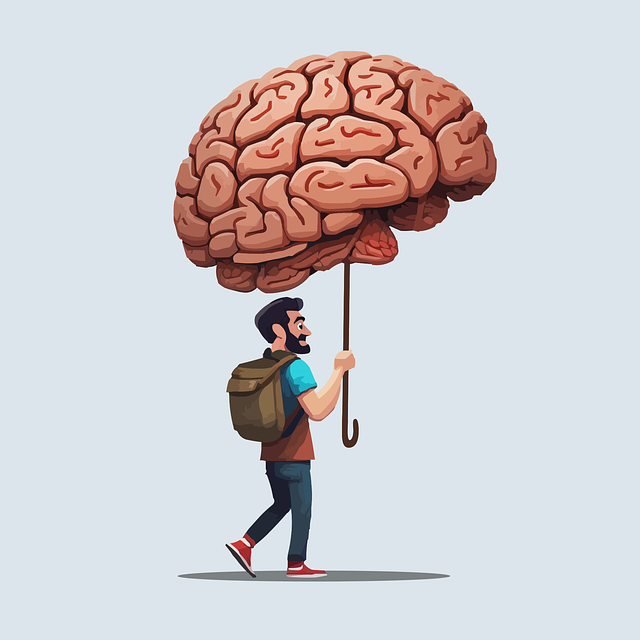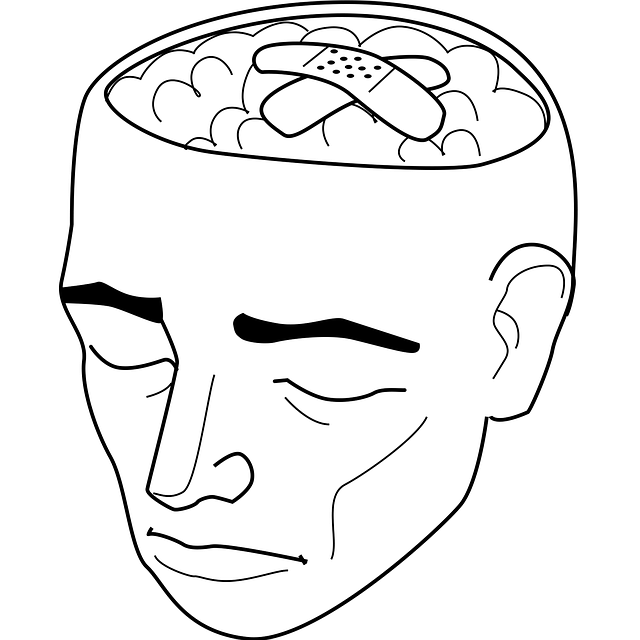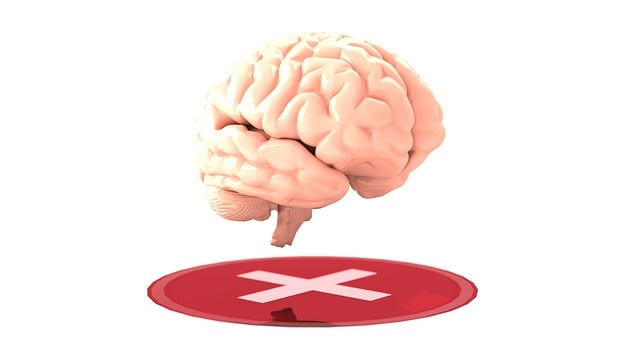Mood regulation through techniques like Boulder Stress Management Therapy (BSMT) is crucial for overall well-being, offering tools for emotion management and positive mindset maintenance. BSMT's holistic approach combines mindfulness, healthy coping mechanisms, and self-care practices to enhance mental resilience, reduce anxiety, and promote emotional growth. By integrating these strategies into daily routines, individuals can achieve better mood control, improved mental clarity, and long-term emotional stability.
Mood regulation is a vital aspect of maintaining mental well-being. In this article, we explore effective strategies to manage and enhance your mood daily. From understanding the impact of emotional control to practical techniques like mindfulness and self-care, we delve into proven methods for better mental health. A key focus is on Boulder Stress Management Therapy, its benefits in managing emotions, and how it can be integrated into your routine for long-term stability and improved quality of life.
- Understanding Mood Regulation and Its Impact on Well-being
- The Role of Boulder Stress Management Therapy in Managing Emotions
- Practical Strategies for Daily Mood Enhancement
- Incorporating Mindfulness and Self-Care for Long-term Stability
Understanding Mood Regulation and Its Impact on Well-being

Understanding Mood regulation is a pivotal aspect of enhancing well-being and overall quality of life. It involves recognizing and managing emotional states, ensuring they align with one’s goals and contribute to a positive mindset. Effective mood regulation strategies empower individuals to navigate life’s challenges more adaptively, fostering resilience against adverse events like stress and anxiety.
In the context of Boulder Stress Management Therapy, for instance, Mind Over Matter principles are harnessed to help individuals develop healthier coping mechanisms. This therapy encourages public awareness campaigns development focused on teaching practical tools for managing mood and emotions. By integrating these strategies into daily life, folks can experience Anxiety Relief, improved mental clarity, and a greater sense of control over their emotional well-being.
The Role of Boulder Stress Management Therapy in Managing Emotions

Boulder Stress Management Therapy (BSMT) is a powerful tool for managing emotions and navigating life’s challenges. This therapeutic approach focuses on teaching individuals effective strategies to deal with stress, anxiety, and difficult emotions. By incorporating BSMT, people can learn to recognize and regulate their emotional responses, fostering better mental resilience. The therapy emphasizes the connection between physical and mental health, encouraging clients to explore mindfulness techniques and healthy coping mechanisms.
Incorporating conflict resolution techniques and communication strategies, BSMT helps individuals express themselves constructively. This is particularly relevant in understanding and advocating for mental health policies, ensuring that accessible resources support emotional well-being. Through BSMT, folks gain a deeper sense of self-awareness, enabling them to transform their emotional experiences into opportunities for growth and positive change.
Practical Strategies for Daily Mood Enhancement

Enhancing your daily mood is an accessible goal that can significantly impact overall mental wellness. One effective approach is incorporating practical strategies into your routine. Start by practicing mindfulness, a powerful tool for managing stress and improving focus. Incorporate short meditation sessions throughout the day to calm your mind and cultivate a sense of peace. Simple breathing exercises or mindful walks in nature can help reset your mood and reduce tension.
Additionally, fostering positive thinking is a game-changer for daily mood regulation. Encourage yourself with affirmations and practice gratitude by reflecting on the day’s positives. Engaging in regular physical activity further boosts mood and energy levels. Whether it’s a brisk walk, yoga session, or dancing to your favorite tunes, finding enjoyable ways to move can prevent burnout and promote a sense of vitality. Consider seeking support from Mental Wellness Coaching Programs for tailored strategies that cater to your unique needs, like Boulder Stress Management Therapy, to enhance your overall well-being.
Incorporating Mindfulness and Self-Care for Long-term Stability

Incorporating mindfulness and self-care practices into daily routines is a powerful strategy for long-term mood regulation and stress management. Boulder Stress Management Therapy emphasizes the importance of these techniques in fostering resilience and overall well-being. Mindfulness encourages individuals to stay present, focusing on the here and now, rather than dwelling on past experiences or future worries. Through meditation, deep breathing exercises, and mindful activities, people can learn to observe their thoughts and emotions without judgment, leading to improved emotional regulation.
Self-care routines play a pivotal role in maintaining mental health and stability. Developing a consistent self-care routine involves prioritizing personal needs and engaging in activities that promote relaxation and rejuvenation. This might include practicing good sleep hygiene, adopting healthy eating habits, incorporating regular physical activity, and setting boundaries to manage time effectively. When individuals invest in their well-being through these means, they can enhance their ability to navigate life’s challenges, leading to a more balanced and stable mood over the long term.
Mood regulation is a vital aspect of enhancing overall well-being. By understanding the impact of our emotions on daily life, we can employ effective strategies such as Boulder Stress Management Therapy and mindfulness practices for long-term emotional stability. Combining these techniques with practical self-care rituals allows individuals to navigate life’s challenges more adaptively, fostering resilience and a greater sense of calm.














